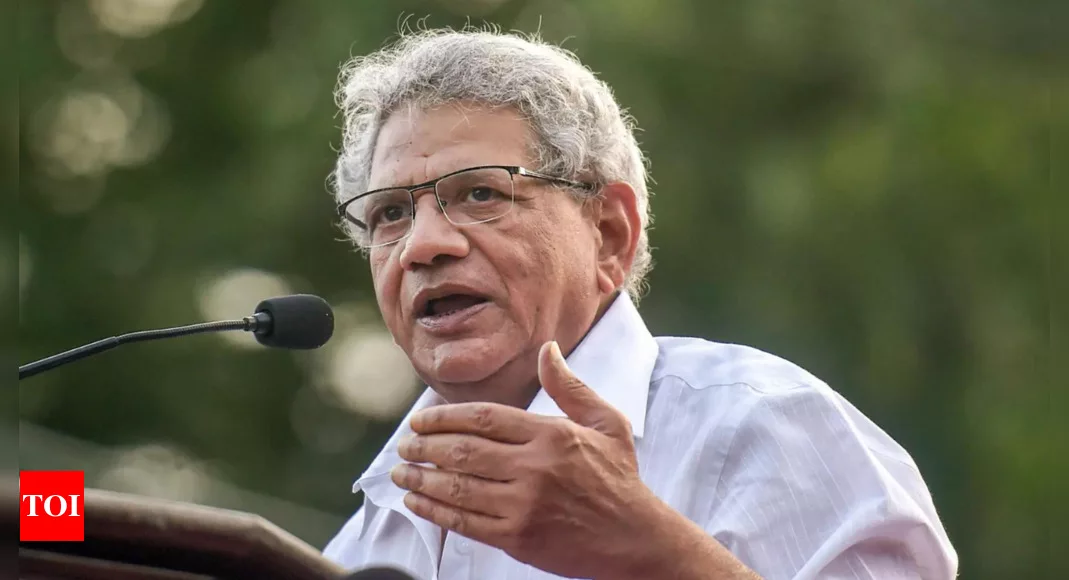Politics tamfitronics

I knew comrade
Sitaram Yechury
for 46 years, since the SFI’s third all-India conference at Patna in Feb 1979. The conference selected a five-member team including Yechury and I to establish the SFI’s central office in Delhi.
We all had fought, inside and outside the jail, against Indira Gandhi’s tyrannical rule during
Emergency
. As students’ union chairman of Delhi’s Jawaharlal Nehru University, Sitaram was particularly notable.
He led a protest march to Gandhi’s residence demanding her resignation as JNU chancellor after she refused to relinquish the post despite losing the 1977 general elections. The image of Gandhi listening calmly to the student union’s resolution read by a spirited Sitaram is unforgettable.
Sitaram topped exams consistently yet chose to discontinue his PhD studies during Emergency to join people’s struggle.
He honed his skills as a polyglot, orator in various languages, writer, organizer and fighter. As the editor of SFI’s mouthpiece
Student Struggle
Sitaram showed his prowess as a writer and editor. I remember the then general secretary EMS Namboodiripad, and PB members B T Ranadive, M Basavapunnaiah (MB), and Harkishan Singh Surjeet discussing Student Struggle’s contents with us. Sitaram’s editorials often earned their praise.
When the central committee decided to include permanent invitees as part of training a new cadre for the party’s key responsibilities, Sitaram along with Prakash Karat and SRP (S Ramachandran Pillai) got the nod. Sitaram was tasked with presenting a significant ideological document for discussion at the 14th Party Congress in Madras (now Chennai) in 1992.
Despite the presence of seniors like EMS, MB, Jyoti Basu, and Surjeet, Sitaram was chosen to present the document. When Sitaram anxiously asked comrade MB if he should do it, the latter reassured him, saying, “Sitaram, present it confidently. If there are any shortcomings, we are here to guide you.” Sitaram presented the document concerning the complex situation post the disintegration of the Soviet Union. After discussions and responses, the party congress unanimously passed it.
Sitaram excelled in various capacities, as editor of
People’s Democracy
editor of Marxist, leader of the CPM parliamentary party in Rajya Sabha, head of the party’s international division, and chairman of the parliamentary standing committee. During the UPA govt in 2004, Sitaram made a crucial contribution alongside comrade Surjeet in drafting and implementing the common minimum programme.
Despite his busy schedule, Sitaram found time to play badminton with us in the mornings at the open shuttle court next to the UNI headquarters near Vithalbhai Patel House. He also engaged in discussions on cinema, music, literature,
cricket
and tennis with clarity and enthusiasm.



